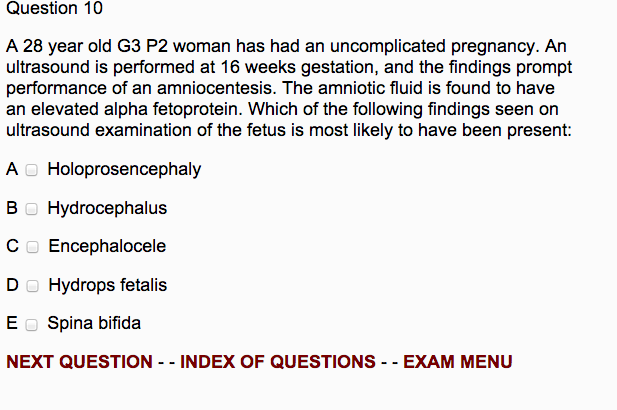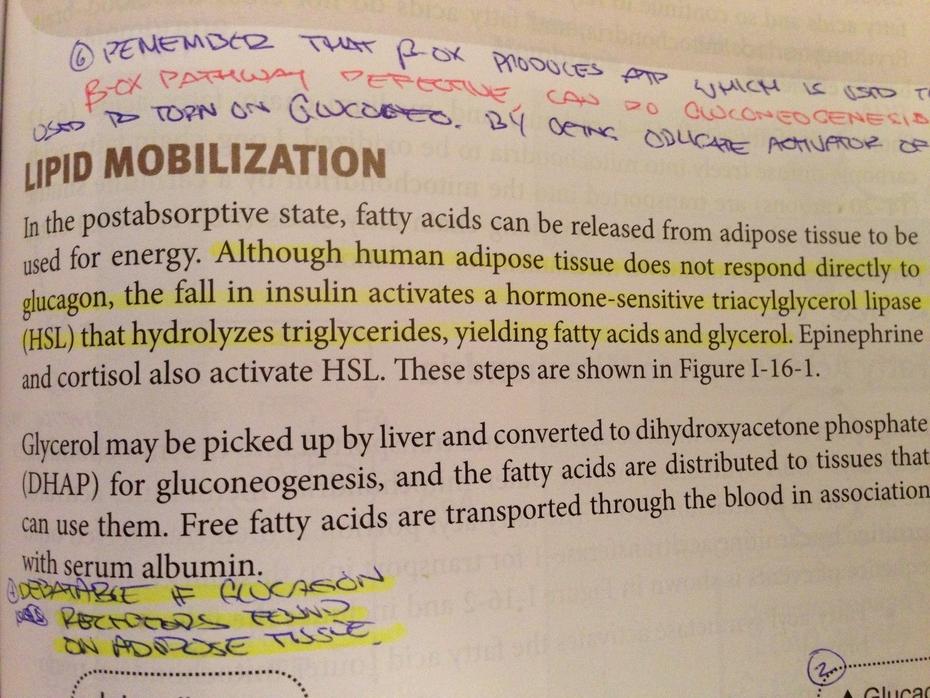So here is my Step 1 experience. For the test specifically, I dont remember too many specifics other than a few questions asking about cutaneous innervation for certain areas. But each exam is different so I dont think theres use in saying what specific topics to focus on. Nothing really stood out to me as being more heavily emphasized.
Resources
It is really hard to say what 1 resource was most useful for me. I could probably narrow it to the 2 most important being gunnertraining (now Firecracker) and UW. A distant 3rd were the NBME practice tests. I owned a copy of first aid but didnt like it much. I never went through the whole book. I went through the entire cardiology, nephrology, heme/onc chapters along with my classes. I pretty much stopped using it after that. It just didnt help me much.
Firecracker has everything in first aid and more, is more accurate, and is much easier to use. I could fall asleep after trying to read for a few minutes from first aid. Firecracker is more interactive, so I can do a bunch of questions at a time and stay awake and focused. If I went on vacation and didnt do my daily review for a week and had a bunch of questions pile up, I could spend 5 hours in a day doing questions. So a big plus for firecracker is that it is interactive, holds my attention, and quizzes me on the things I need most, the whole point of spaced training and adaptive technology. I started firecracker at the very beginning of first year and used very consistently throughout all my classes. I go to a pass/fail school where lectures are mostly optional attendance. I actually used firecracker as my primary resource for my classes, in place of lectures, lecture notes, textbooks, review books etc
. I consistently got above average on my class tests and well above average on nationalized shelf exams. So I give an A+ to firecracker. Seriously a very, very good resource especially when started early.
I dont feel much need to talk about UW, since I think that pretty much everyone agrees that its solid. For sure use it. The UW self-assessments are also very nice. I had Rx but didnt like it too much. I tried it after I already had a lot of exposure to UW, so maybe thats why. It simply isnt as good of a question bank.
I used pathoma during most of second year and liked it. Its hard for me to quantify how helpful it was. Hes a great teacher and does well with explaining concepts. But I felt that he didnt cover a lot of details that are still important to know. So use this resource to increase understanding. I didnt use it during dedicated study.
Ranking of resources, with the first two being way ahead of the rest:
1. Firecracker
1. UW
3. NBMEs
4. Pathoma
Second Year
During second year I started using UW along with classes. Most people say to save it for dedicated study. But its a great study tool and so I used it as such. I would do question blocks by subject, whichever subject we were covering in classes, on tutor non-timed mode. I would read the entire answer explanation and make sure I understood it. I didnt focus excessively on memorizing details. I felt like firecracker was more than enough for memorization. I dont remember what I started at, but my percentage for this first pass with classes was 78%. I got through the whole question bank, except for around 30 hepatic questions, I think. I finished the first pass about a month before classes got over and before I started my dedicated study time. I had a spreadsheet on google drive where I recorded all my incorrects. I had a sheet for each subject, and would write down the concept being tested, why I got it wrong, and how to correctly apply that concept in the future. My initial plan in doing this was to review these on a regular basis. I didnt have the time or motivation to do so. Even so, just writing down in my own words the concepts and my mistakes helped reinforce the material.
I continued to use firecracker heavily. One thing I forgot to mention previously is that I actually banked a bunch of second year material during first year. When learning about the CV system in physiology, I would bank as much heart pathology and pharm as I could understand with my knowledge of physiology. This made second year that much easier. It also made my question load for firecracker decrease, since by the time second year rolled around I had a mastery of most of the material, and I was seeing most questions once every 60-90 days. The concept behind firecracker is seriously very simple and very powerful. Once you learn something, review it at the appropriate interval so you dont forget it. During second year I never had to review physiology, anatomy, histo or anything else like that because I was reviewing it continuously with firecracker. Once dedicated study came, I didnt have to re-learn anything because I was seeing the material on a regular basis.
Dedicated Study
I had about 6 weeks for dedicated study. It ended up actually being more like 4-5 because I got sick twice during it this time and had some other things happen that took a lot of time. My days were not as consistent as I would have hoped, but I would say on average I studied 6-8 hours a day, Monday-Saturday. I took Sundays off. I think this is a very good thing to do. I never once felt burned out during my study.
Once dedicated study time started, I reset my UW account and started it over again. I started out doing 2-3 blocks a day, always random and timed. I would go over my incorrects, but I didnt spend too much time doing so. I would find what I missed and focused on that. If I got a question right without guessing, I didnt spend any time on it. I used the same strategy as before, making a spreadsheet with my incorrects and recording the concept being tested and why I got it wrong. I went over this spreadsheet a few times, especially in the few days leading up to the test.
I did my first NBME at the very beginning of dedicated study to get a feel for where I was at. I would then do at least one NBME or UWSA a week, often 2.
During the last 2 weeks I focused a lot on endurance. I didnt feel like I would learn a whole lot more. I already had a good foundation and felt like I knew the things I needed to. Any extra points would likely have been from memorizing very low yield stuff. On many days I would do a practice test, then right after it 3 UW blocks to simulate a 7 block test. 3 days before the test I did 7 UW blocks in 5 hours, again just working on endurance. Obviously it was mentally tiring to do so, but I made a conscious effort to stay focused and think through each question. I think this ended up helping a lot since on test day I never felt fatigued. Test day was pretty easy compared to some of the days leading up to it.
Test Day
Nothing much to say here. My first 2 blocks were much harder for me. I think this was mostly because I was more anxious. Blocks 3-7 were pretty easy, and I dont remember ever feeling anxious or concerned at all. I finished the first 2 blocks with about 5 minutes to spare, and the rest with 10-20 minutes to spare. On about half of the blocks I had enough time to review all my marked questions (and I marked generously) as well as review most questions a second time just starting from the beginning of the block. This was good, because I remember coming across a handful of questions that I ended up changing. Some that I reviewed and changed the answer to I simply misread the question the first time. So if you have time, I would say its worth it to check answers all the way until you run out of time.
I felt like my break time was more than enough. I didnt take much break time during practice tests.
Test Score Progression
UW first pass during classes: 78%
UW second pass during dedicated study: 89%
Rx (about 30% of it): 84%
2/28, NBME 5: 245
3/11, NBME 6: 247
3/14, NBME 7: 254
3/21, NBME 11: 252
3/25, NBME 12: 261
3/30, UWSA1: 265
4/1, NBME 13: 261
4/3, UWSA2: 265
4/5, NBME 15: 261
4/9, free 150: 94% (I think)
4/11, Step 1: 266
Advice in a few (relatively) words
Firecracker is awesome. Give it a try. If you like it after a month, stick with it. Youll be amazed at how much you know and remember. UW is solid. Do practice NBMEs. One thing I learned from doing these was that I thought too hard. Honestly, close to half of the questions I got wrong on NBMEs I had the right answer, but then thought excessively and found some roundabout way to justify another answer (I was thinking about them like I would about a UW question). If youre tired or burned out then take a break. I made sleep a priority during dedicated study time, and was getting around 9-9.5 hours a night. It made my study time much more manageable. I never felt stressed during study time or during the test itself, except for those first 2 blocks.
 Cheers to 2013
Cheers to 2013 
 Cheers to 2013
Cheers to 2013 






